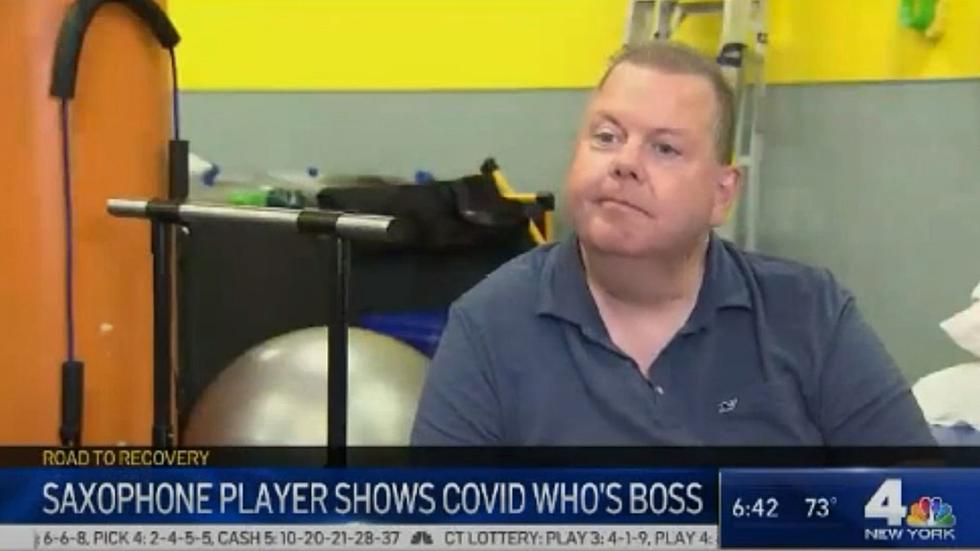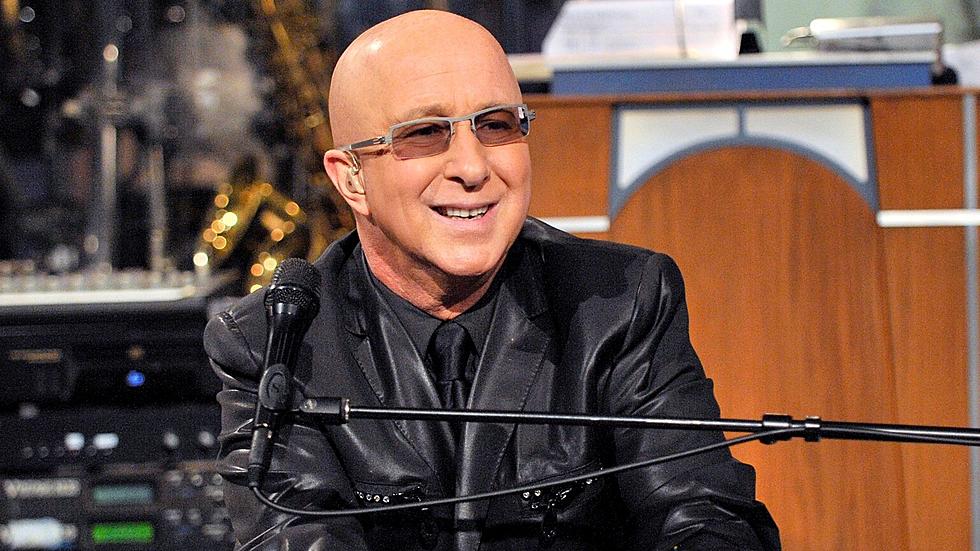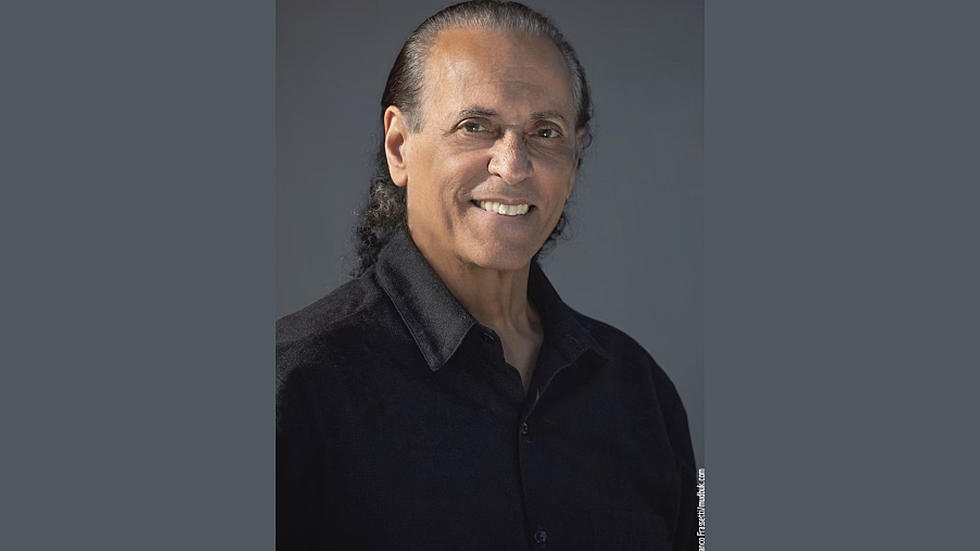Retired cop, now a NJ 101.5 personality, brings his suicide story to others
Police officers are at the highest risk for suicide than any profession according to a study. Since 2016, 37 New Jersey police have taken their own lives including 17 last year. The most recent happened last Sunday night when Roselle Park Police Officer Edward Nortrup shot himself in the head after his vehicle struck 2 parked cars.
Retired Detective Eric Potts, who is now a New Jersey 101.5 personality and comedian, opened up about his own suicidal thoughts, how he was saved, and the counseling he's given in schools and to other officers throughout the state as a certified police suicide prevention counselor.
"It's still happening too much," Potts said, "While I know that the training and conversation is moving in law enforcement it's not moving fast enough."
Today it was announced that Gov. Murphy has signed a law stating each officer will go through an in-service training on suicide prevention once every five years under the same law that also now requires the reporting of law enforcement officer suicides to the state Attorney General’s Office. What could cause a police officer to take his own life?
"It's not only the stress from the job but the stress at home," Potts said. "The average police officer that commits suicide has been on the job for about 16 years. Things are different in the academy now but for the older officers, what happens is you're trained to go out there and help people and do the job but you're not trained how to help yourself. It's always been a stigma to show any weakness in an Alpha male personality dominated job."
Potts has been campaigning to change that: "I've been an advocate for police suicide prevention training, critical and distress management mandatory since the mid-nineties when I was going through a crisis."
Potts's journey to coming out the other end started with someone overhearing him:
"There was somebody who was listening. I had all the suicidal signs, and (they) heard me say 'what's the point of going on anymore, I should just end it.' They got the ball rolling and I was forced to go into counseling."
This left Potts with a stigma that remained throughout his career, a stigma that makes many police officers afraid to seek help: "I was the crazy cop, I was the suicidal cop, it wasn't kept quiet, it went around and everybody knew about it. I went through counseling, I went on medication for depression and I came out the other end of it thinking there needs to be educated because there wasn't, there was nothing at the time. Things are different now."
Potts then took helping other officers into his own hands:
"I came back from my crisis and decided that I was going to educate myself and went through the National Police Suicide Foundation training and became certified and really just started preaching to anyone who would listen."
He wasn't afraid to tell his story and that's what got the results:
"I really just started preaching to anyone who would listen, Hey I was suicidal, this is what I went through, this is how we can change this, this is what we need to do, I'm not embarrassed to say that I was suicidal and that's how you get the ball rolling, you have to get the conversation going because if you don't get the conversation going, It's going to be the same thing over and over and over again."
Potts elaborated on the stress of being a police officer:
"The average police officer go through about 200 incidents in their career. That could be prolonged life-saving attempts, gruesome scenes, horrible car accidents. The things that police officers see they get mentally and emotionally scarred they get PTSD."
"One incident can be enough to trigger PTSD but usually it's a series of incidents that happens over the years," Potts said.
Potts believes that there should be nationwide critical incident stress management mandatory after these types of incidents where everybody comes together to talk about it. including firefighters and dispatchers as well.
"Traditionally it's always been very difficult for police officers to go forward," Potts said. "Either from their own inhibitions, worries about what's going to happen or that there were no programs in place or there wasn't programs set up in place for officers to help themselves. What I'm saying for police departments is that they need to recognize the issues and if there is an issue, they need to get somebody the help they need."
Potts has set up a Facebook page called Blue Line of Hope which has a lot more suicide prevention information.
MUST SEE: The 9/11 Tribute in Light over the years
More From New Jersey 101.5 FM









